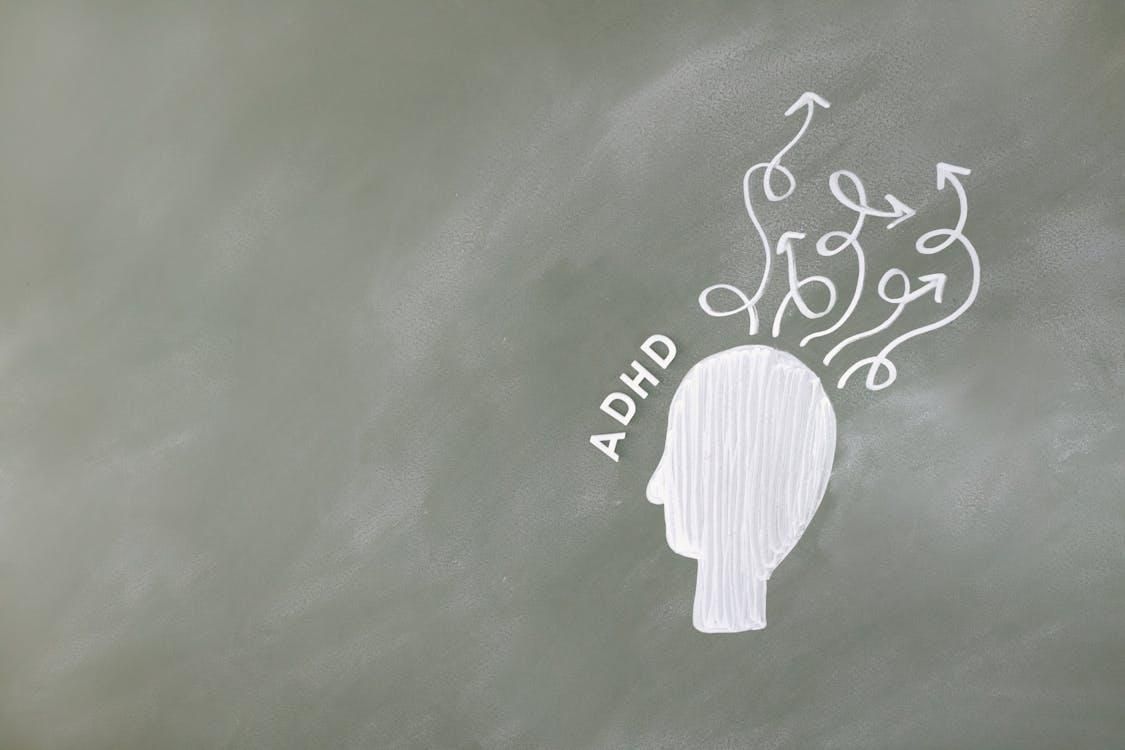Psychotherapy for Emotional Resilience: Strengthening Mental Well-Being in Everyday Life
Modern life presents daily stressors, ranging from demanding workplaces to personal responsibilities and shifting relationships. For many adults, these pressures gradually erode emotional balance and lead to feelings of anxiety, sadness, or fatigue. Turning to psychotherapy for emotional resilience provides an avenue for developing healthier coping strategies. Therapy offers structured support that empowers individuals to face difficulties with greater confidence, ultimately creating stronger emotional stability over time.
Understanding and Managing Stress More Effectively
Stress often builds silently until it begins to affect both physical and emotional health. Psychotherapy helps individuals recognize patterns of thought and behavior that contribute to this strain. By addressing these triggers, clients learn healthier ways to respond under pressure. Over time, therapy fosters the ability to pause, reflect, and choose measured reactions instead of impulsive or harmful responses. This strengthened awareness not only reduces stress but also prevents long-term effects on mood and physical well-being.
Strengthening Coping Skills Through Therapeutic Techniques
Effective coping skills are not always innate; they are learned and refined with guidance. Within therapy, individuals are introduced to techniques such as cognitive restructuring, relaxation methods, and problem-solving strategies. These approaches encourage new ways of thinking that replace negative cycles with healthier perspectives. A therapist in Waldorf can provide structured guidance that empowers clients to apply these tools in daily life, ensuring they have practical methods to rely on when challenges arise.
Enhancing Emotional Awareness and Regulation
Resilience is closely tied to how emotions are understood and managed. Psychotherapy creates a supportive environment where individuals can safely express feelings while learning strategies for regulation. Techniques such as mindfulness and grounding exercises help reduce overwhelming emotions, allowing individuals to respond more calmly during stressful situations. Over time, this improved regulation reduces emotional reactivity and strengthens the ability to maintain steady relationships and professional performance.
Building Stronger Relationships Through Emotional Resilience
Relationships often reflect an individual’s emotional state. Therapy teaches communication skills, conflict resolution strategies, and the ability to set boundaries, all of which enhance connections with others. By fostering empathy and improving listening skills, psychotherapy helps reduce misunderstandings and build more supportive relationships. The result is not only improved emotional resilience but also a stronger network of personal and professional support.
When Professional Support Becomes Essential
While self-care strategies are valuable, some challenges require professional assistance. Persistent anxiety, depression, or overwhelming stress can interfere with daily functioning and overall health. Professional guidance, such as mental health counseling, provides targeted care that addresses specific concerns.
Strengthening emotional resilience through psychotherapy offers practical tools for maintaining balance in everyday life. By managing stress, improving coping skills, and enhancing emotional regulation, individuals build lasting stability. Support from mental health counseling, guidance from a psychiatrist, or access to behavioral healthcare in Waldorf can make an important difference. For compassionate care and consistent guidance, reach out to Oasis of Hope BHC to begin the path toward stronger mental well-being.











